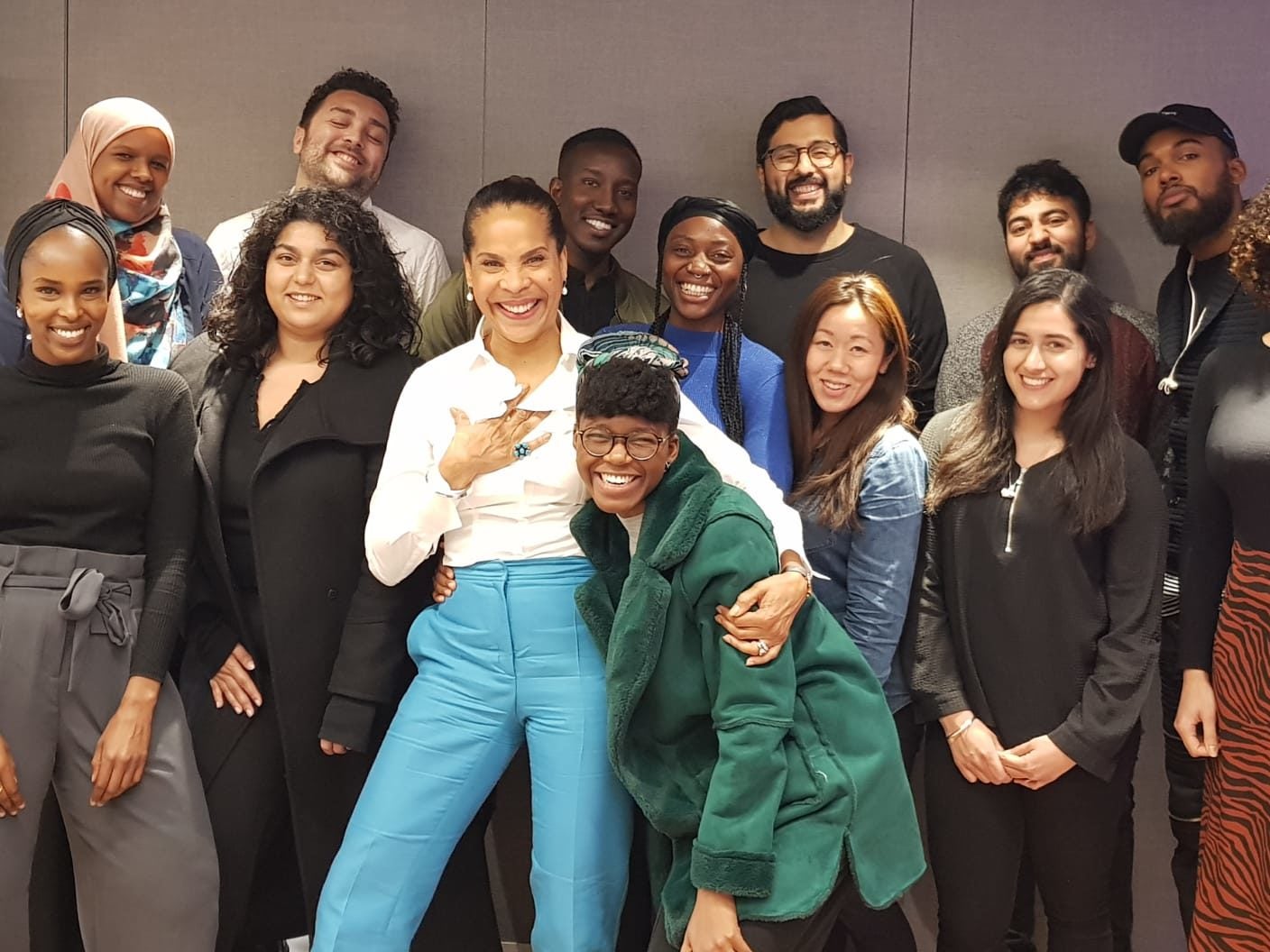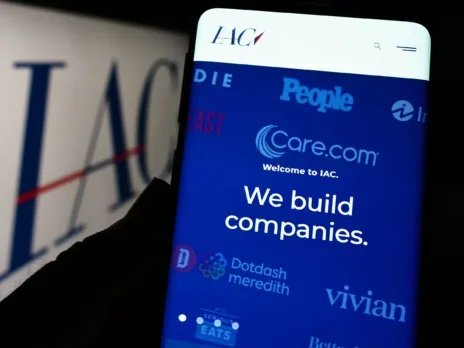
A development scheme for non-white journalists and those from lower-income families has launched thanks to support from the Financial Times.
The new scheme from Creative Access, ran as a pilot last year. The non-profit social enterprise already works to place BAME (black, Asian and minority ethnic) in paid internships.
The new programme will offer leadership training for promising members of its internship alumni, with quarterly sessions for up to 80 young people each year (pictured, a session on Monday).
It will also run a mentoring scheme aiming to match 100 mentees and mentors annually.
The FT’s entire UK board has signed up as mentors, alongside about 80 others from the media industry and wider creative sector, including the Times and the Independent.
FT deputy managing editor Abbie Scott said: “It is an important initiative to increase diversity in the media industry and supports our wider efforts to create a more diverse workplace at the FT.”
FT editor Lionel Barber said in October last year it was “time for a revolution” at the newspaper after a reader wrote in to criticise the lack of diversity among its columnists.
Creative Access’ development programme was launched after an Ofcom report on diversity in television in 2017 found that employees from an ethnic minority background are less likely to be trained or promoted, as well as being underrepresented within the industry.
Creative Access chief executive Josie Dobrin said: “We have been working with the FT for several years to identify and place young editorial talent in the newsroom, and we are delighted that they are sponsoring our programme to support young journalists from ethnic minorities progress in their careers.
“With more diversity at entry level than in senior editorial positions, we are working with our alumni to ensure that when there is a seat around the management table, they are in prime position to take it.”
Since it was set up in 2012 Creative Access has placed 1,000 people who are either BAME or from a low socioeconomic background into paid internships in the creative industries, including more than 100 at the BBC.
It places around 30 to 40 journalists a year, including at the FT, ITN, City AM, the Daily Mail, the New Statesman, the Sun, the Telegraph, the Times and magazine publisher Hearst.
The non-profit is now appealing for more journalist mentors for its interns and alumni. There is no criteria, except having advice to give and being able to meet up for an hour once a month for six months.
Picture: Creative Access
Email pged@pressgazette.co.uk to point out mistakes, provide story tips or send in a letter for publication on our "Letters Page" blog




